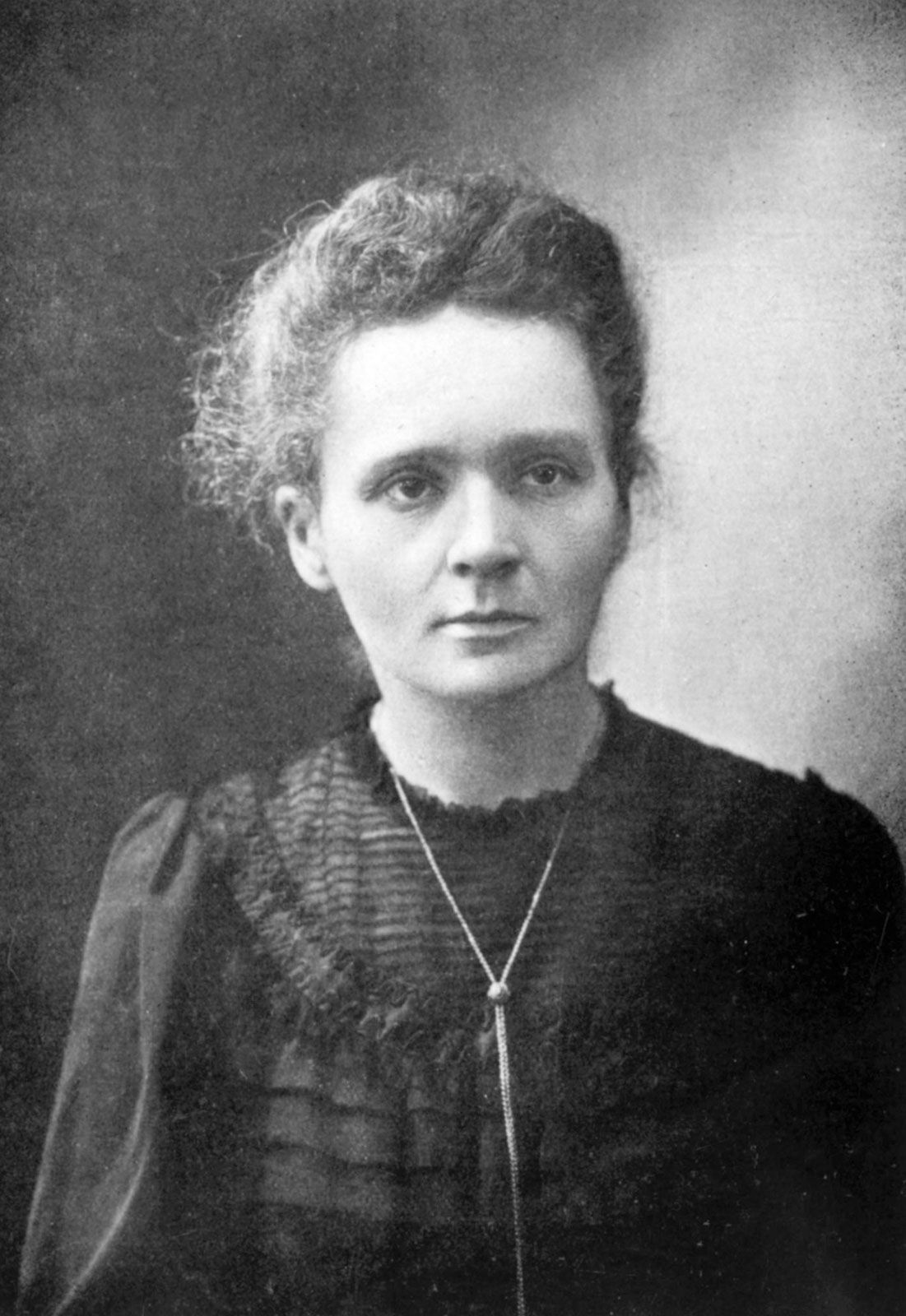The success story of Marie Curie, often referred to as Madame Curie, is one of the most iconic and inspiring tales of scientific achievement. Marie Curie was a pioneering physicist and chemist who made groundbreaking contributions to the fields of radioactivity and nuclear science.
Marie Curie’s journey from a determined young woman facing adversity to becoming one of the most celebrated scientists in history is a testament to her brilliance, tenacity, and enduring impact on the world of science.
Early Life and Education
Marie Curie was born as Maria Skłodowska on November 7, 1867, in Warsaw, Poland (then part of the Russian Empire). Despite facing financial difficulties and gender discrimination, she pursued her education with determination. In 1891, she moved to Paris to continue her studies at the Sorbonne University.
Radioactive Discoveries
Working alongside her husband, Pierre Curie, Marie conducted extensive research on radioactive elements. In 1898, they discovered two new elements, polonium and radium, significantly expanding our understanding of the atomic world. This groundbreaking research earned Marie her first Nobel Prize in Physics in 1903, making her the first woman to receive a Nobel Prize.
Second Nobel Prize
Marie Curie’s contributions to science continued with her pioneering work in the field of radioactivity. Her studies on the properties of radium and its potential medical applications had a profound impact on both scientific knowledge and medical treatments. In 1911, she became the first person to win a second Nobel Prize, this time in Chemistry, for her discovery of radium and polonium, and her investigation into their properties.
Legacy and Impact
Marie Curie’s research laid the foundation for modern atomic physics and the development of nuclear medicine. Her work had far-reaching applications, from cancer treatments to the use of radioactive isotopes in various fields.
Despite facing numerous challenges, including societal prejudices against women in science, Marie Curie’s relentless pursuit of knowledge and her scientific brilliance led to revolutionary discoveries that changed the course of science.
Impact on Women in Science
Marie Curie’s success and determination continue to inspire women in STEM fields (science, technology, engineering, and mathematics). Her achievements shattered gender barriers and demonstrated that women could excel in even the most challenging scientific disciplines.
Later Life
Tragically, Marie Curie’s pioneering work with radioactive materials exposed her to high levels of radiation, which eventually contributed to her health issues. She passed away on July 4, 1934, from complications related to her exposure. Her legacy, however, lives on through her scientific contributions, her advocacy for education and research, and the countless individuals she inspired.
📍 English Language Educator | Blogger & Content Strategist | 7+ Years in Educational Blogging
Nosheen Bashir is a dedicated English teacher and experienced blogger with over seven years of expertise in content creation and educational writing. Passionate about language, literature, and effective communication, she combines her teaching experience with blogging skills to create insightful, research-backed content that helps learners and educators alike.
🔹 Expertise & Achievements:
✔ English Language Education: A skilled educator with years of experience in teaching English grammar, literature, and communication skills to students of varying levels.
✔ Educational Blogging: Running a successful blog for 7+ years, delivering well-structured, engaging content on language learning, writing techniques, and academic success.
✔ SEO & Content Strategy: Specializes in creating high-ranking, authoritative articles that follow Google’s EEAT principles, ensuring content that is both informative and search-friendly.
✔ Student-Centric Approach: Committed to making English easier, engaging, and accessible, helping readers and students improve their language proficiency.
🚀 With a passion for teaching and writing, Nosheen Bashir is dedicated to crafting educational content that empowers students, teachers, and language enthusiasts worldwide.








